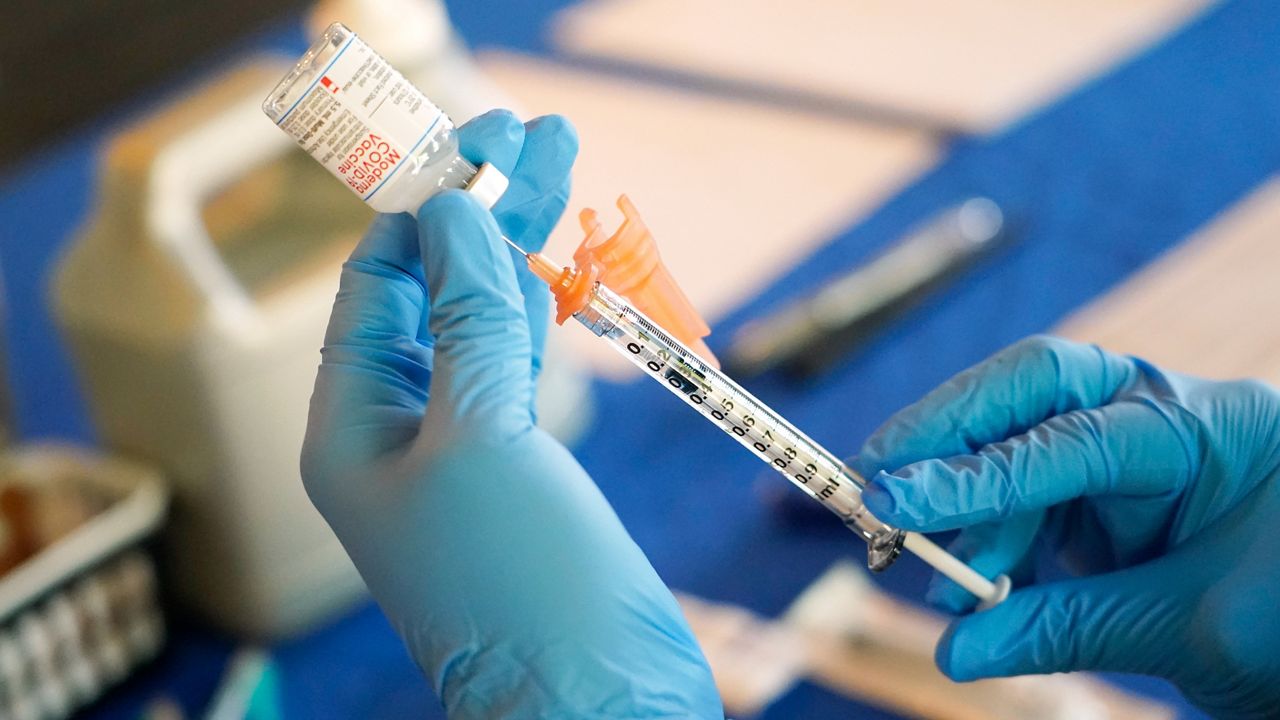MADISON, Wis. — After three years, Wisconsin health officials are winding down their emergency COVID-19 response as the COVID-19 Public Health Emergency ends.
The federal public health emergency gave federal and state governments flexibility to waive or modify certain requirements in a variety of areas.
In Wisconsin, case numbers, hospitalizations and deaths from COVID-19 are significantly lower than they were during the surge in late 2021 and early 2022.
But even though the emergency response is ending, DHS will continue to monitor COVID-19 cases in the state as they do for other respiratory diseases, including the flu and RSV.
“The declaration of a public health emergency helped support Wisconsin’s efforts to combat COVID-19 with resources that saved lives statewide,” DHS Secretary-designee Kirsten Johnson said. “As the federal public health emergency declaration nears its end, DHS will continue to shift our COVID-19 response operations. However, it is critical that Wisconsinites know this does not mean COVID-19 has gone away. The virus remains a threat to health, and we must continue to care for ourselves and each other.”
COVID-19 vaccines will still be available free of charge until the federally purchased supply is depleted. The FDA’s emergency use authorization for the COVID-19 vaccines will not end with the public health emergency.
The end of the public health emergency will mean changes to the availability of free COVID-19 testing resources, including how insurance covers testing.
Some state programs will wind down:
The Say Yes! COVID Test direct-to-household antigen test distribution program has seen sustained demand and will remain available through May, while supplies last. Wisconsinites are encouraged to order before supplies run out and the program ends.
The K-12 COVID-19 testing program has ended in-school testing. Schools may order at-home antigen tests to distribute to students, staff and families until June 15.
The Community Testing Support Program, the funding support for local pharmacies, local and tribal health departments, and other community locations, ended April 15.
Testing support for confinement facilities will end April 30. Supplies for confinement facilities serving persons in our care, including unhoused facilities, will remain available until June 15.
Access to laboratory-conducted COVID-19 testing may be limited, and people may be charged, even if they have health insurance.
People covered by Medicaid will be able to access free at-home tests through September 2024. At-home tests will continue to be authorized for use and will probably remain available for purchase at retail outlets, such as pharmacies.
Like COVID-19 vaccines, doses of the pharmaceutical COVID-19 treatment purchased by the federal government will remain free until the supply is depleted. Antiviral treatments like Paxlovid and Lagevrio can help prevent serious illness, hospitalization and death in people with COVID-19.
The DHS’ free COVID-19 treatment telehealth service has been extended to Dec. 31, 2023. Health leaders decided to extend the free service to continue making COVID-19 antiviral treatment accessible throughout the state.
According to the DHS, more than 15 million tests have been distributed throughout the state since 2020, and more than 3.6 million Wisconsinites have completed the COVID-19 vaccine primary series.
Wisconsin has resources for under- and uninsured people, including programs providing health care for free or at a lower cost. The DHS is encouraging Wisconsinites who don’t have insurance, or who are under-insured, to access the resources, which include ForwardHealth.



